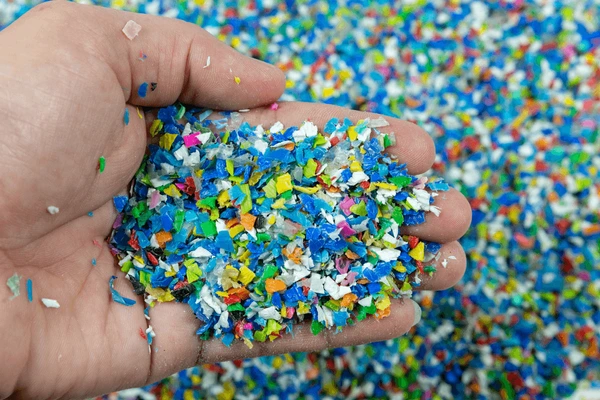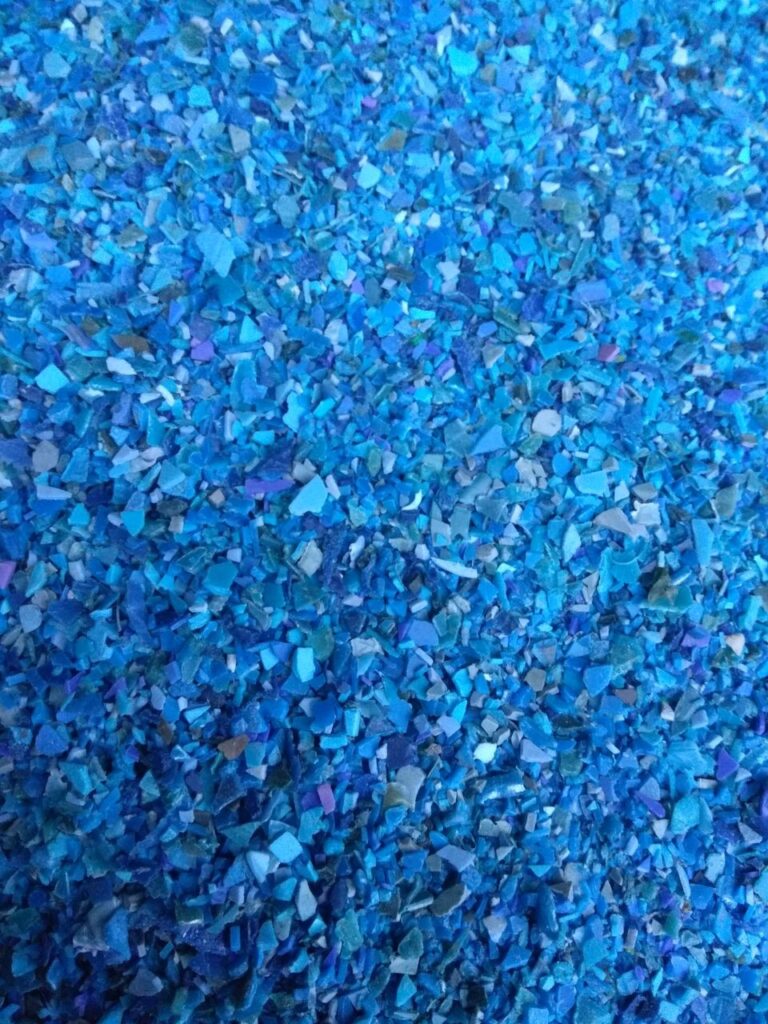We offer plastic waste grinding services to companies in order to reduce production costs by reusing technological waste and responsibly managing plastic waste, which plays a significant role in reducing production costs and promoting sustainable economics.
PANDRIM - GRINDING
This process involves grinding recycled plastic materials into small pieces or flakes to prepare the material for subsequent processing and transformation into new plastic products.


Here's how this process generally unfolds:
1
Collection and Sorting
Recyclable plastic materials are collected and then sorted based on the type of plastic and their level of contamination. It’s important that this stage is done carefully to ensure the quality of the recycled material.
2
Washing and Cleaning
Plastic waste is then washed and cleaned to remove impurities and dirt that could affect the quality of the resulting recycled material.
3
Grinding
The cleaned plastic is fed into specialized equipment, such as a grinder or grinding machine, which reduces it into smaller sizes. These sizes can vary depending on the specific requirements of the recycling process and the final product.
4
Separation and Filtration
After grinding, plastic materials may undergo additional separation and filtration processes to remove any remaining impurities and ensure uniformity and quality of the recycled material.
5
Testing and Quality Control
The ground plastic materials are then subjected to quality tests to ensure they meet required standards and are suitable for use in subsequent production processes.
6
Packaging and Delivery
The ground recycled plastic material is packaged and prepared for delivery to factories or manufacturers who will use it in their production processes.

Grinding plastic waste is an important step in the recycling process, contributing to transforming plastic waste into valuable resources and reducing environmental pollution.

